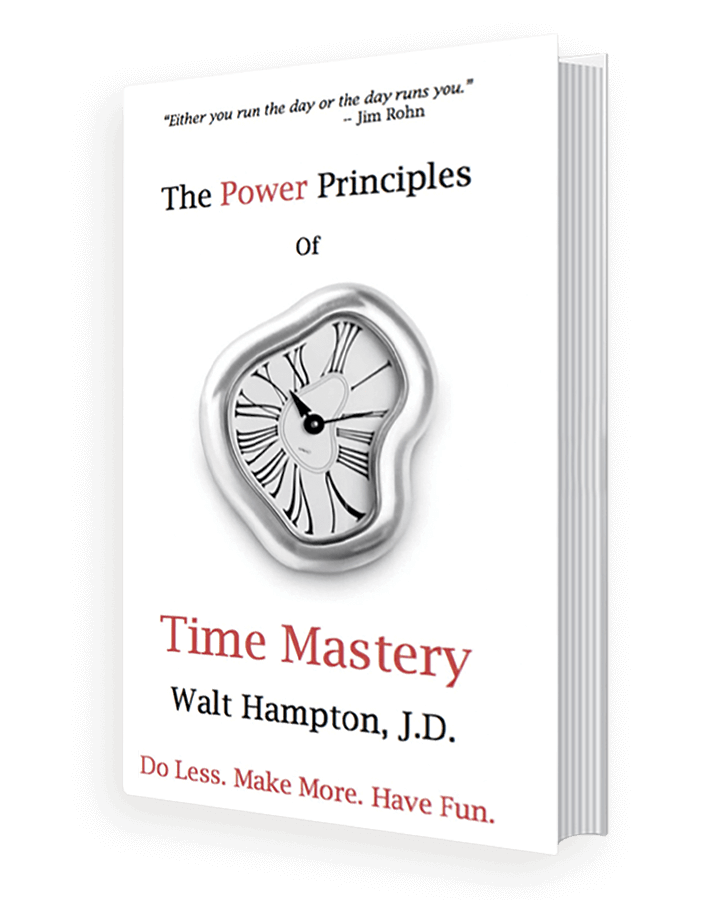The voice seemed to come from far away. “We’re going to build snow walls.”
That’s nice, I thought. How generous of Paul! Building snow walls at such an early hour!
I burrowed down deeper into my sleeping bag to shield my ears from the scream of the wind. Cozy, I shut my eyes hoping to drift back to sleep.
Until I realized that the “we” meant “me.”
We had been stuck at the 11,000′ camp for three days. Waiting out the storm. The visibility was less than 50 feet. The wind had blown a constant 70 mph. Our cook tent had been flattened. The walls we built yesterday were scoured thin.
Climbers climb. And here we sat. Our time window for the summit closing rapidly.
Waiting.
What a waste, I thought.
Perhaps because its genre originates in the theater of the absurd or perhaps because it resonates with my apophatic theology, Samuel Beckett’s Waiting For Godot is one of my very favorite plays. It is the story of two men, Estragon and Vladimir, who wait expectantly, and unsuccessfully, for someone named Godot to arrive. They claim that he is an acquaintance. But in fact they hardly know him. They admit that they would not recognize him were they to see him. To occupy themselves, the pair eat, sleep, converse, argue, sing, play games, exercise, swap hats, and contemplate suicide — anything “to hold the terrible silence at bay.”
Throughout the play, the experience of time is attenuated, fractured or sometimes non-existent. The landscape is barren. Ridiculous conversations devolve into silence. A sense of emptiness pervades. They decide to do nothing. “It’s safer” that way, explains Estragon.
Beckett always denied that Godot was God. But the play is wrought with biblical overtones. “We’re saved!” they cry on more than one occasion when they feel that Godot may be near. And yet, they have no idea what they might do were Godot to actually come. When asked, Vladimir replies, “Oh… nothing very definite.”
At the end of the second act, as at the end of the first, Estragon and Vladimir agree to abandon the wait and leave. But neither of them makes any move to go.
The storm unabated. We continued to wait at the 11,000′ camp.
But in the waiting, we didn’t just build snow walls. We built friendships. We laughed and talked and slept and read. We celebrated birthdays. We played in the snow. We photographed. We met fellow journeyers from around the globe. We recounted adventures past. And yet to come.
In the waiting, our team grew strong.
“Life is being on the wire; everything else is just waiting,” tightrope performer Karl Wallenda said.
I know what he means. I so love the high summits. The excitement of the edge is exhilarating.
But I think Wallenda was wrong.
“Before enlightenment, chop wood, carry water. After enlightenment, chop wood, carry water.” The old Zen proverb speaks to the ordinary interstices of life. The wire is not the most of life. Most of life is in the waiting.
“Enlightenment does exist,” says Jack Kornfield in his splendid book After the Ecstasy, the Laundry. “Unbounded freedom and joy, oneness with the divine…these experiences are more common than you know, and not far away.” But even after achieving such realization, we are faced with the day to day task of translating that freedom into our imperfect lives. We are faced with the laundry, he says.
It is in the ordinary that the extraordinary unfolds.
We eventually agreed to leave the 11,000′ camp. Unlike Estragon and Vladimir, we actually did move. And although we fell short of our summit, we had a magnificent adventure.
The waiting had not been wasted.
Life unfolds in the waiting. Can we wait well?
Godot may never come.
“This being human is a guest house. Every morning a new arrival.
A joy, a depression, a meanness, some momentary awareness comes as an unexpected visitor.
Welcome and entertain them all; Even if they’re a crowd of sorrows, who violently sweep your house empty of its furniture.
Still treat each guest honorably; He may be clearing you out for some new delight.
The dark thought, the shame, the malice, meet them at the door laughing, and invite them in.
Be grateful for whoever comes, because each has been sent as a guide from beyond.”
— Rumi





0 Comments